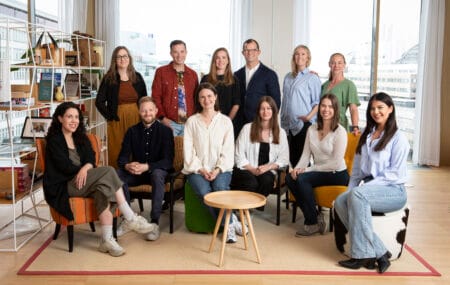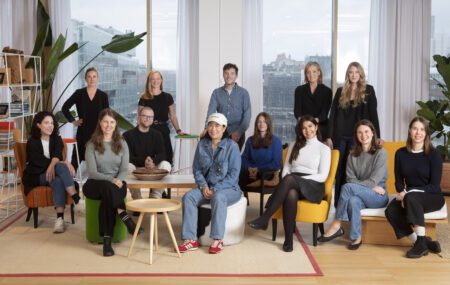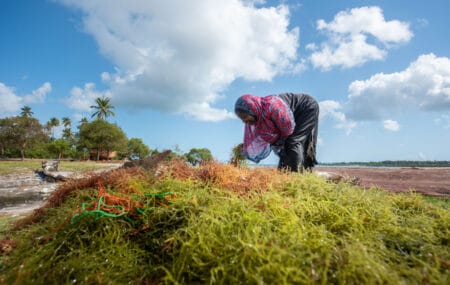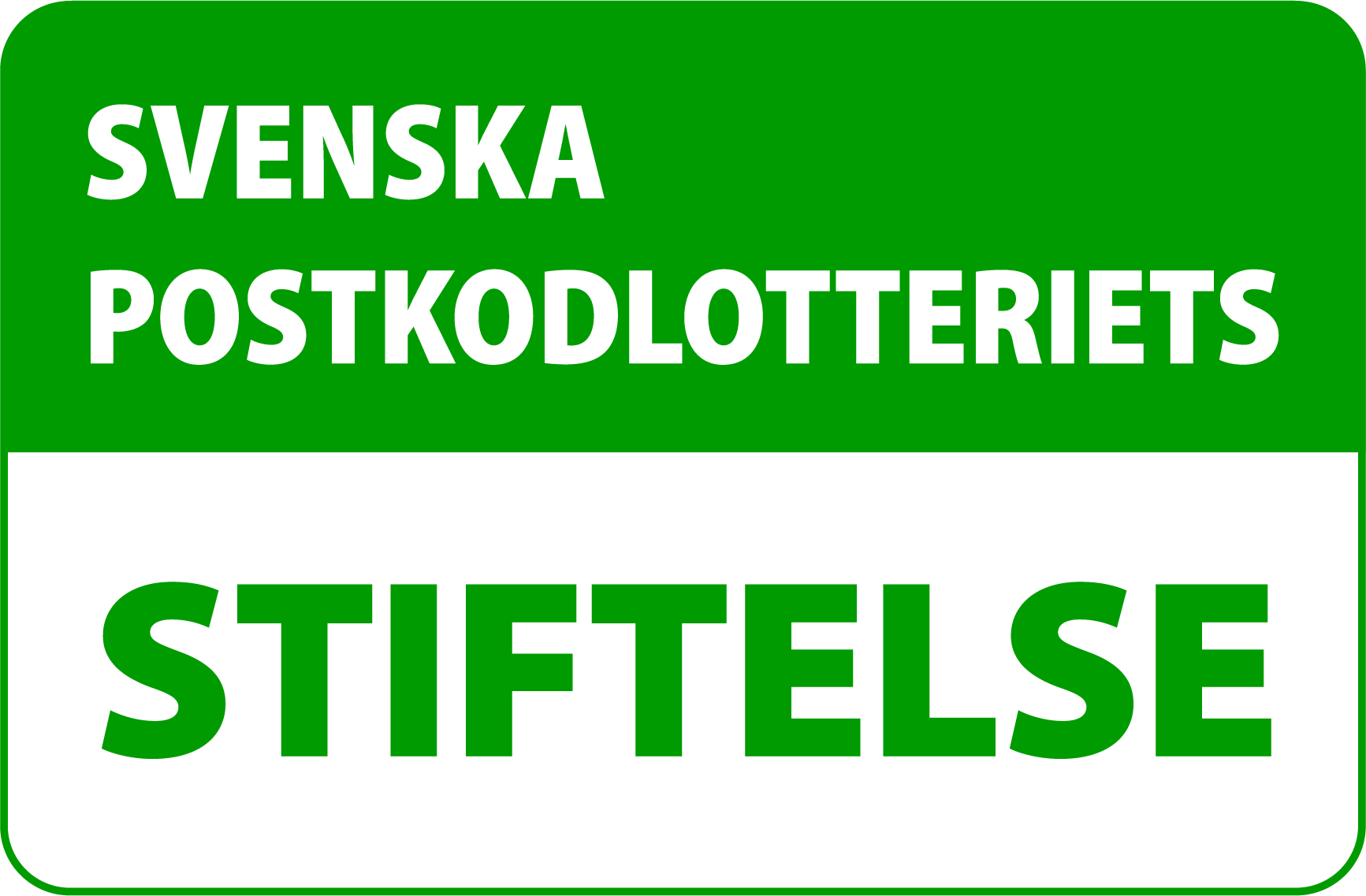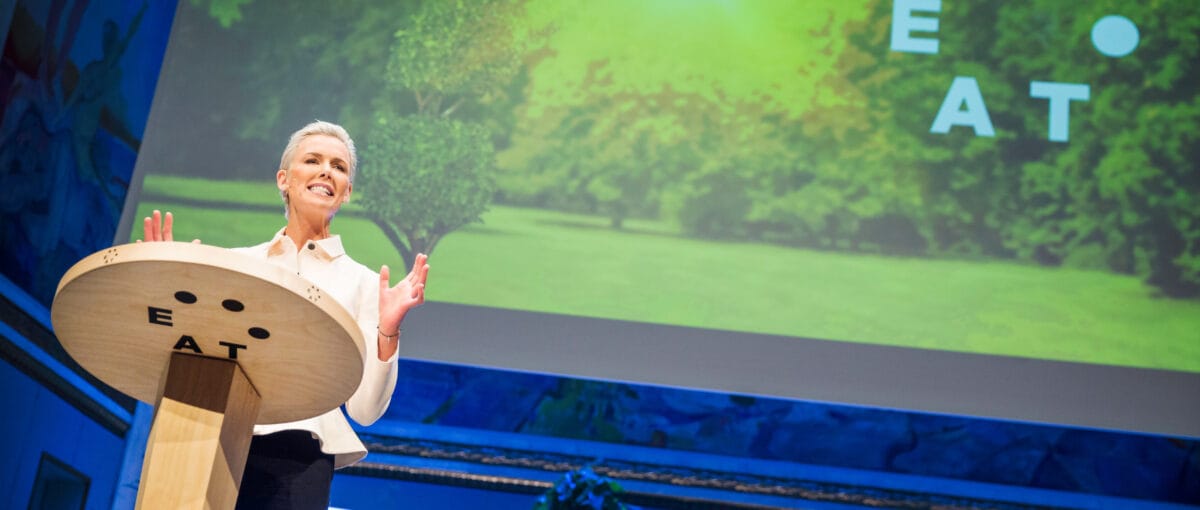EAT is currently undertaking a project supported by The Swedish Postcode Lottery Foundation. The initiative aims to foster a healthy and sustainable food system by disseminating knowledge, boosting engagement, and ensuring commitments that advocate for a planetary health diet.
We had the privilege of interviewing Dr. Gunhild Stordalen, founder of EAT, to learn more about the project’s progress. You can read the interview here.
Hi Gunhild! EAT has been receiving support from The Swedish Postcode Lottery Foundation for your EAT-Lancet Commission 2.0 project. Can you please give us a brief description of the project, and your work so far?
With support from The Swedish Postcode Lottery Foundation, the EAT-Lancet Commission 2.0 is updating the groundbreaking 2019 report to provide new, science-based global food system targets. This time around the commission is set up “IPCC style” and the report will represent the most comprehensive scientifically rigorous compass to guide how we transform food systems. This research will define healthy diets and sustainable food production within planetary health boundaries while integrating equity and human rights across the board. So far, we have convened leading scientists, engaged policymakers and philanthropies, and initiated global consultations to ensure actionable, regionally relevant recommendations. The final report, anticipated for publication in October 2025, will serve as a roadmap for governments, businesses, and civil society to accelerate food system transformation for a health and sustainable future.
Why is it important to increase knowledge and engagement on food issues and food systems?
Food is at the center of today’s most pressing global challenges – climate change, biodiversity loss, malnutrition and diet-related diseases as well as social inequalities – but food systems remain widely misunderstood. Increasing knowledge and engagement is essential to driving real change at every level, from individual consumption to global policy. When people understand how food impacts their health and the health of the planet, they make better choices – if the healthy option is accessible, affordable and attractive. When policymakers and businesses act on science, systemic change becomes possible. By empowering individuals, institutions, and leaders with knowledge, we create momentum for a just, sustainable, and healthy food future that benefits everyone.
Can you tell us more about The EAT Stockholm Food Forum?
The EAT Stockholm Food Forum is recognized as the premier global gathering for transforming food systems. The first forum took place in 2014 and over the years we have welcomed a who’s who from the public and private sectors, including Bill Clinton, Paul Polman, Yolanda Kakabadse, Sir Bob Geldof, Jamie Oliver, Dr. Kanayo Nwanze, and Her Royal Highness Crown Princess Victoria of Sweden. However, it’s much more than a gathering of leading figures. The 2025 forum will mark the anticipated launch of the second EAT-Lancet Commission, the most comprehensive scientific assessment of food systems to date. Over two days global experts, policymakers, researchers, and food innovators will grapple with the findings of the report, explore innovative solutions through a Global Call for Start-ups, drive multistakeholder commitments, and accelerate action that makes a real difference. A feature of the forum will be candid conversations that tackle how to equitably transform our approach to food. Interactive workshops and a range of exciting and immersive experiences will also be used to broker unusual collaborations that address the critical challenges of our food systems within planetary boundaries.
How is it connected to your project and what will happen there?
The 2025 EAT Stockholm Food Forum is directly linked to our mission of bridging knowledge and action for food system transformation. The forum will serve as the anticipated launch platform for the second EAT-Lancet Commission, providing a space for policymakers, businesses, and civil society to adopt healthy and sustainable food practices grounded in the best available science. With global milestones like COP30 on the horizon, the forum, and its pre-engagement activities, will provide a critical opportunity for leaders to align on science-based messaging and commitments that deliver meaningful systemic change.
What do you hope that this project will contribute to?
This project is designed to close the gap between food systems knowledge and action in order to accelerate the speed and scale of the needed transformation. This approach will influence policies, business strategies, and investment decisions that affect everyone, from Stockholm to Santiago. We believe the forum to be a critical turning point globally for cross-sector collaboration, helping to shape commitments leading up to COP30 and beyond. Ultimately, both initiatives will inspire solutions that improve human and planetary health, ensure equitable access to nutritious food, and drive systemic change toward a healthy, sustainable, and socially just global food system.
What future do you see ahead? What do you look forward to?
At EAT, we envision a future where food is a force for good — where healthy, sustainable diets are accessible to all, and food systems provide decent livelihoods and work in harmony with nature. By 2050, we see a world where agriculture regenerates ecosystems, where biodiversity thrives, and where food feeds and nourishes both people and planet. With the publication of the second EAT-Lancet Commission, the 2025 EAT Stockholm Food Forum, and growing momentum for systemic change, we are optimistic, and proud to be flying the food systems flag in Sweden. The time for action is now, and together – as the science shows – we can build a better food future for everyone, everywhere.
